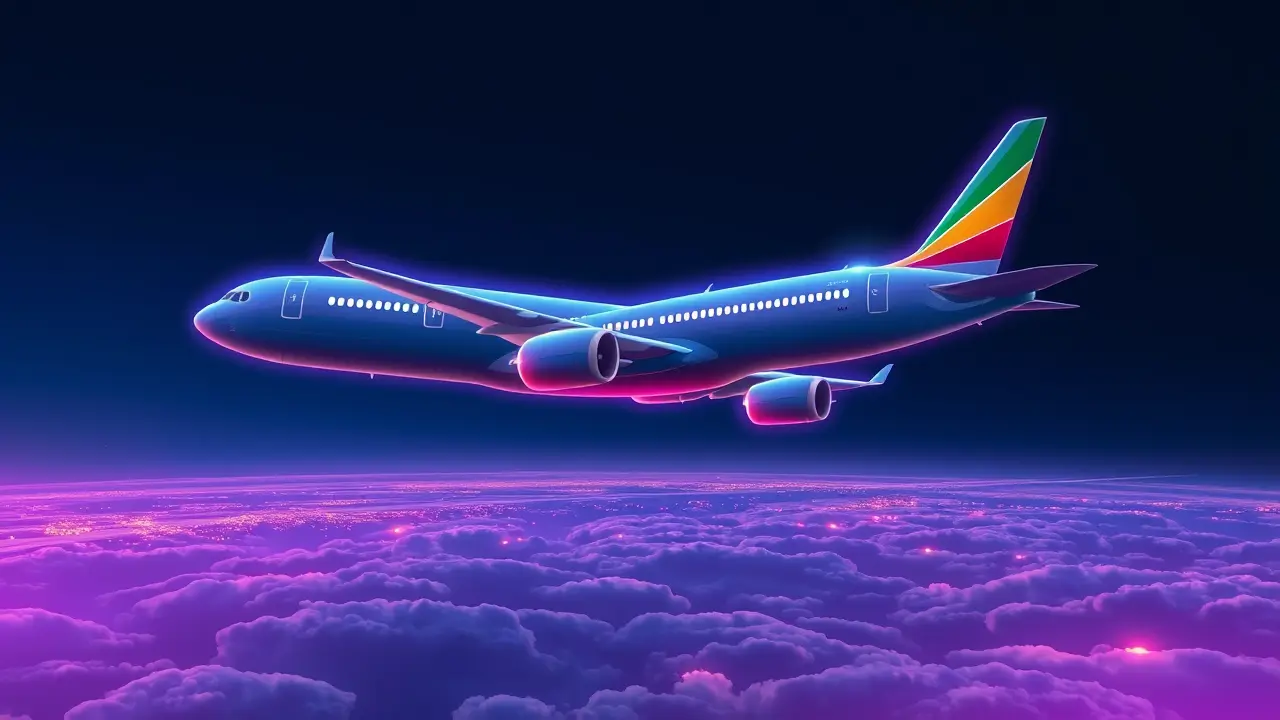
Othertransport & aviationAviation Accidents
First civil trial begins for Boeing 737 Max Ethiopia crash.
EM
Emma Wilson
9 hours ago7 min read
More than six years have passed since Ethiopian Airlines Flight 302 plummeted from the sky, a catastrophic event that claimed 157 lives and ignited a global firestorm over aviation safety, yet for the families of Mercy Ndivo and Shikha Garg, the long-delayed pursuit of accountability enters a critical new phase this week as the first civil trial begins in a Chicago federal court. This proceeding, emerging from the ashes of a tragedy that shook the very foundations of the aerospace industry, represents not merely a legal reckoning over financial compensation but a profound moral inquest into corporate responsibility and the human cost of technological failure.Boeing, having already settled the vast majority of wrongful death lawsuits stemming from the March 2019 disaster and a similar crash in Indonesia just five months prior that killed 189, has formally accepted responsibility for both events, a concession that narrows the jury's task to the agonizing calculus of determining what constitutes just recompense for the loss of a 28-year-old mother returning from her graduation ceremony and a 36-year-old UN consultant en route to an environmental assembly. The narrative of Flight 302 is one of a system's catastrophic breakdown; from the moment the new 737 Max ascended from Addis Ababa Bole International Airport, the pilots were besieged by a relentless chorus of alarms, their control columns shaking violently with stall warnings as they fought for six desperate minutes against a flight-control system, known as MCAS, that repeatedly forced the plane's nose down based on a single, faulty sensor reading.This technical failure was rooted in a deeper cultural one, as U. S.prosecutors later alleged in a conspiracy to commit fraud charge, accusing Boeing of deliberately deceiving federal regulators about the very nature of this system during the aircraft's certification process. The pending criminal settlement, which would see Boeing avoid prosecution in exchange for over $1.1 billion in fines and compensation, hangs over these civil proceedings like a specter, a reminder that the legal pathways for justice are often labyrinthine and frustratingly slow. For the families, the personal stories are the heart of the matter: Mercy Ndivo, celebrating her master's degree in accountancy with her husband, leaves behind a daughter, an infant at the time of the crash who is now nearly eight years old, her future irrevocably altered.Shikha Garg, a dedicated consultant for the United Nations Development Programme, is survived by a husband and parents, her mission to address global environmental challenges cut tragically short. The failure of recent mediation attempts, as lamented by family attorney Robert Clifford who accused Boeing of not negotiating in 'good faith,' underscores the deep chasm between corporate legal strategy and the raw, enduring grief of those left behind.This trial, therefore, transcends the specifics of a single aircraft model or corporate entity; it serves as a stark, global referendum on the aviation industry's safety culture, the adequacy of regulatory oversight by bodies like the FAA, and the enduring challenge of holding multinational corporations truly accountable when their products fail with lethal consequences. The outcome will be scrutinized from Washington D.C. to Nairobi, from corporate boardrooms to the living rooms of families worldwide who place their trust in the machines that carry them across the sky, a sobering reminder that behind every headline-grabbing crash statistic are individual dreams, aspirations, and loves, all lost in an instant due to a failure that was, by all accounts, entirely preventable.
#featured
#Boeing
#737 Max
#Ethiopia crash
#civil trial
#wrongful death
#compensation
#aviation safety
Stay Informed. Act Smarter.
Get weekly highlights, major headlines, and expert insights — then put your knowledge to work in our live prediction markets.
© 2025 Outpoll Service LTD. All rights reserved.